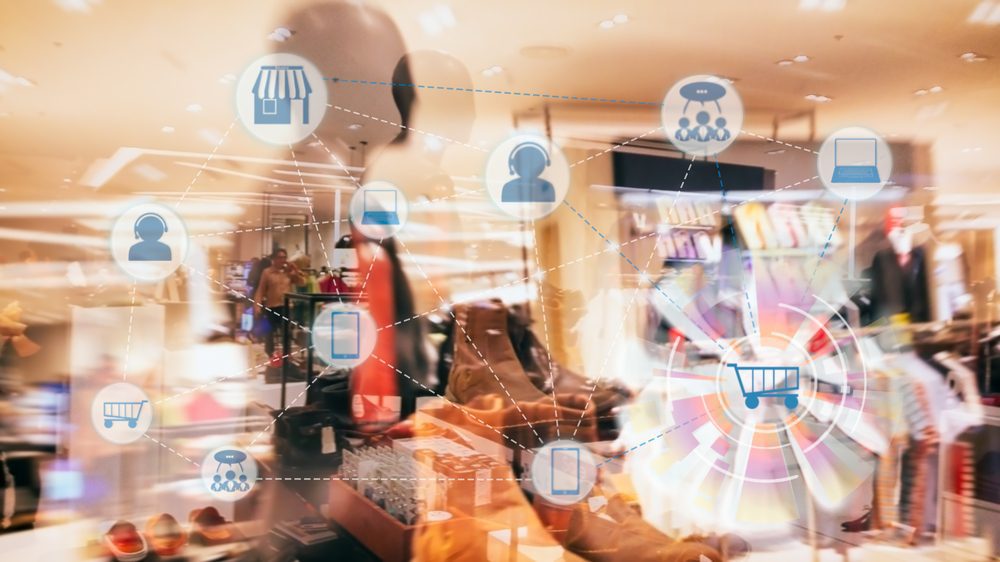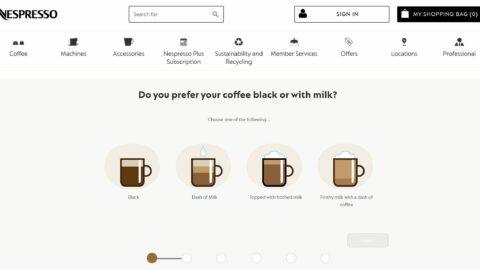Shoppers in emerging markets are embracing friction-reducing technology at a rapid pace — but they also are very protective of their private data, according to the New Topography of Retail study by Oracle. While 87% of North American consumers say they would exercise the right to select which brands can access their data, this share rises to 90% in Latin America and 91% in the Middle East, India and Asia-Pacific.
These trends are pulling retailers in two directions, since more than half (56%) of global shoppers still want personalized offers. The key to striking a balance may be drawing on data only where it can have the most noticeable impact —only 20% of consumers feel offers are always personalized to them.
The desire to protect one’s data is surprisingly strong. “One of the most startling data points is that 86% of global consumers would exercise the right to be forgotten,” said Mike Webster, SVP and General Manager of Oracle Retail in an interview with Retail TouchPoints. “This GDPR initiative, if not restricted to Europe, will be a global movement where this new culture of opting out will continue to emerge. That opt-out is driven by the fatigue we as consumers experience from being bombarded by promotions that don’t speak to our needs and are generic in nature, perhaps driven off of a single transaction.”
The key to overcoming this fatigue is focusing on the quality of interactions rather than the quantity. Carefully tailored curation at select parts of the customer journey are more effective than constant suggestions, and are less likely to generate negative backlash among consumers. Retailers should strive to take relevant information into account rather than build on every tangential data point they’ve captured.
“It’s not enough anymore to just do analytics through transactions,” said Webster. “I think the shift from best practice to next practice really is a focus on the interactions that we’re having with the brands that serve us. They need to look at social media, they need to look at not just what you bought but what you browsed and didn’t buy. They need to look at the influencers in your social circles. It’s shifting away from transactions and toward really making connections.”
Focus On Important Data Or Face Paralysis
Retailers that respect their customers’ privacy can harness the most relevant data to create memorable experiences that capture shoppers’ attention, particularly in emerging markets. Consumers in these regions are even more eager for seamless shopping than their counterparts in developed markets, and are looking forward to:
- Linking fitness trackers to grocery stores for product recommendations (51% emerging, 24% developed);
- Automatic product replenishment based on subscription preferences (59% emerging, 30% developed);
- Loyalty program access through facial recognition (55% emerging, 25% developed);
- Using at-home VR to navigate a personalized in-store experience (64% emerging, 33% developed); and
- Receiving deliveries by drone or driverless car (60% emerging, 32% developed).
The sheer scale of available options can cause retailers to suffer from a “paralysis of priorities” when launching new capabilities in emerging markets, according to Webster. He suggested that retailers home in on the solutions that best fit their needs and capabilities, rather than chase every trend that may hold promise.
“Emerging markets are by definition less constrained by legacy solutions, infrastructure and regulation,” said Webster. “They express a desire to innovate with greater urgency and act with greater agility. What our guidance would be is that all retailers, regardless of geography, need to invest with intention. What gives the best return on invested capital across this growing buffet of big, bold technology bets that are available?”
The ultimate goal for retailers will be balancing the need for privacy against the potential for connecting with shoppers, and only deploying technology that further builds customer relationships. Webster noted that respondents seemed more willing to share their information with retailers they trust, and opening the lines of communication and convenience now will put retailers in a better position to tackle privacy and technological concerns in the future.













